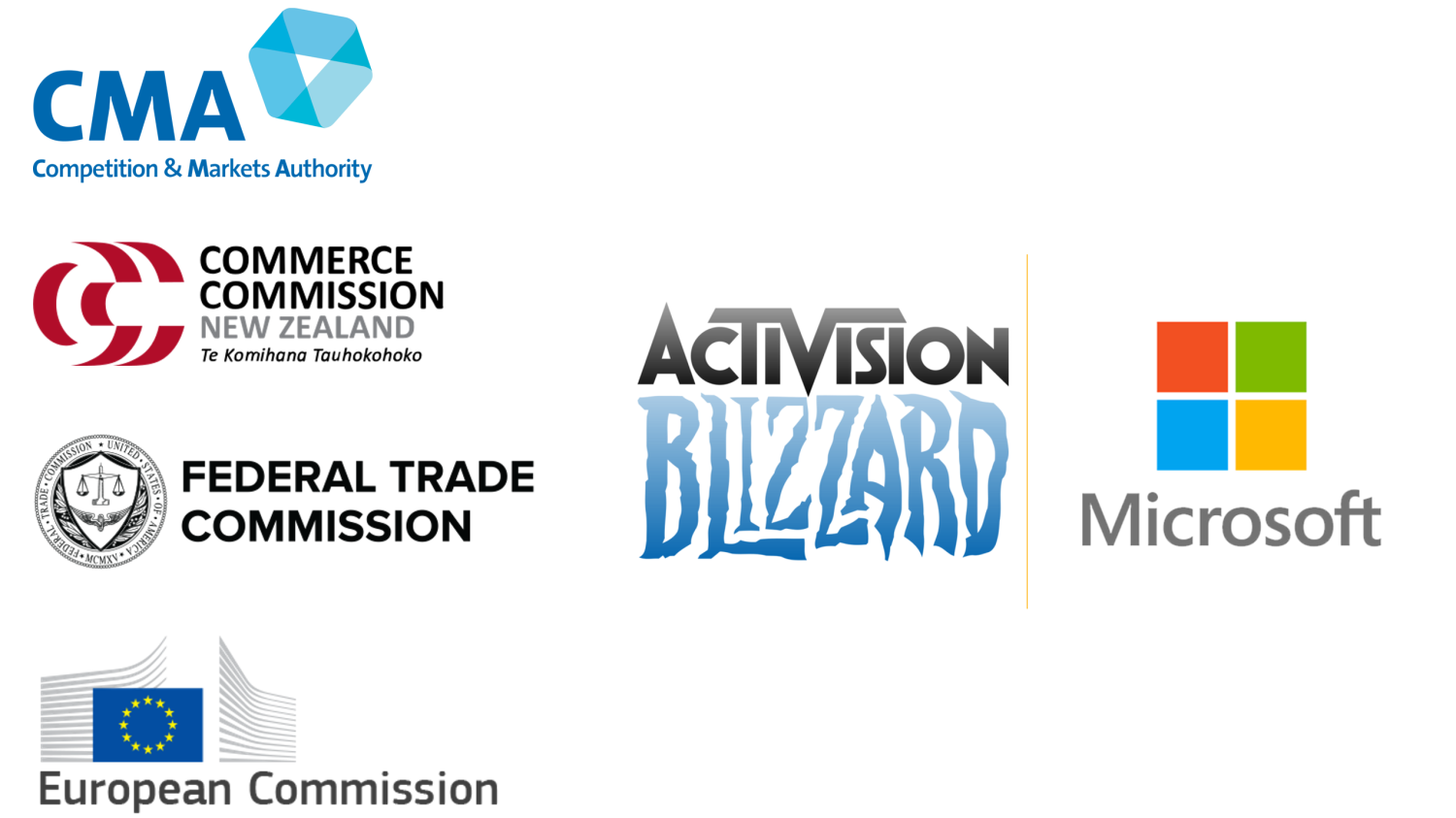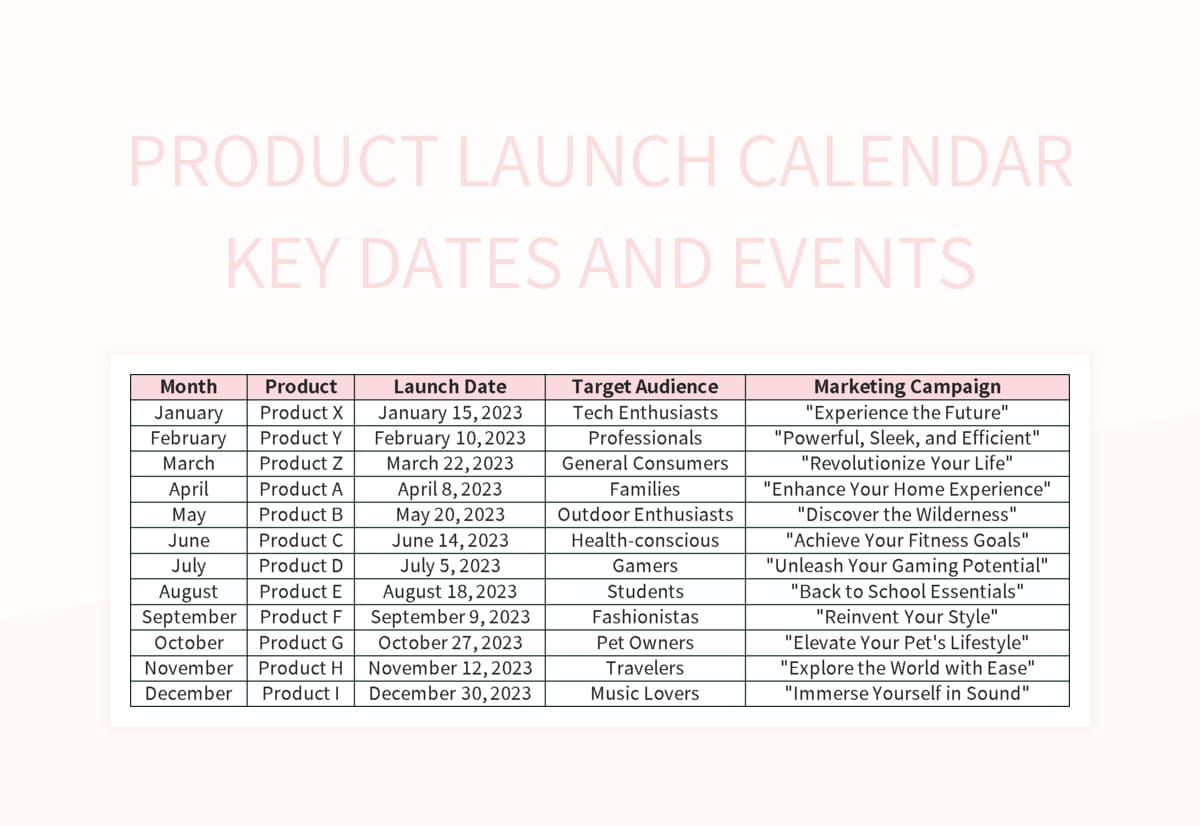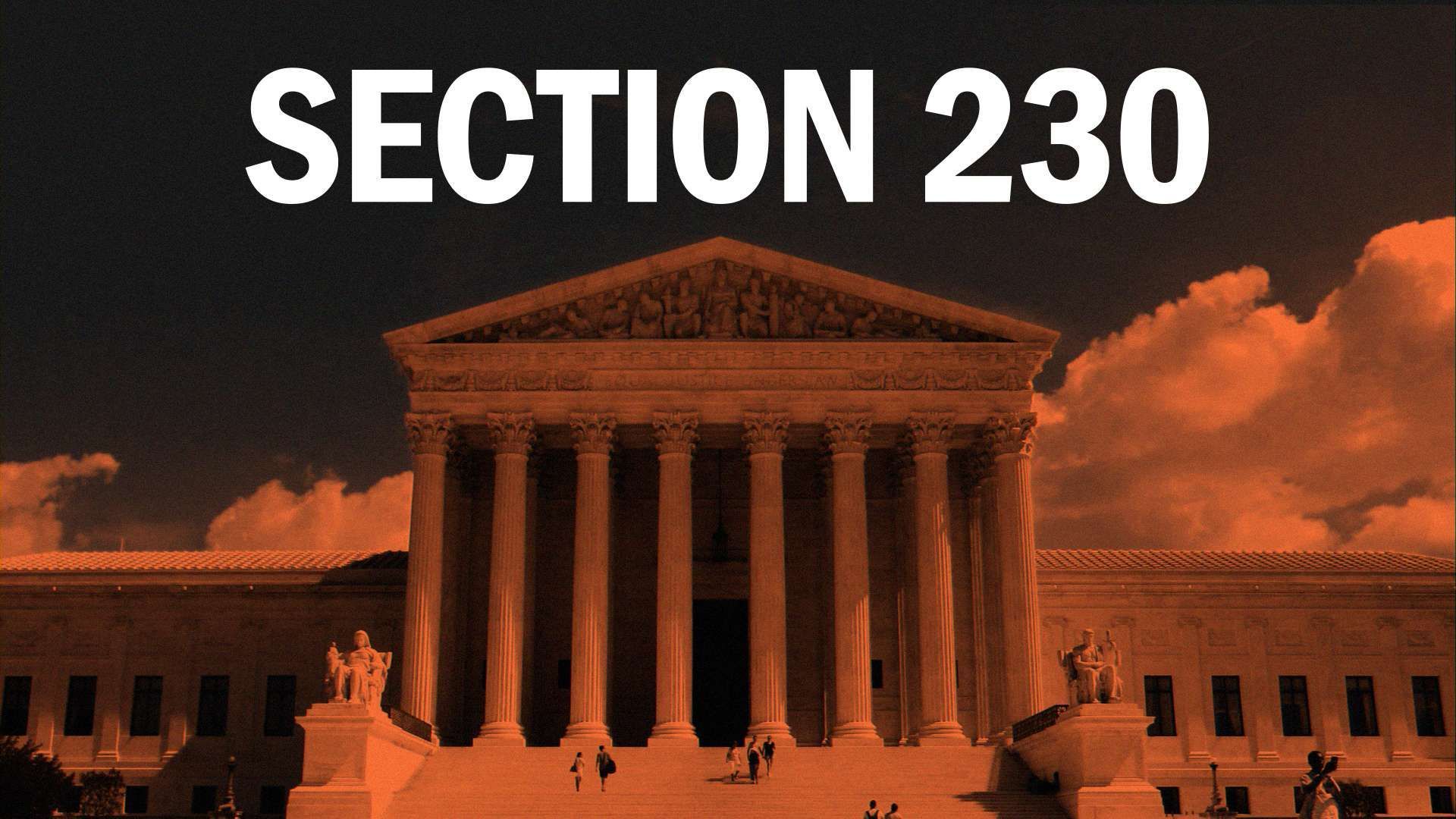Microsoft-Activision Merger: FTC's Appeal And Potential Outcomes

Table of Contents
The FTC's Case Against the Merger
The FTC's core argument centers around the assertion that the Microsoft-Activision merger would substantially lessen competition within the video game market, creating a monopoly and harming consumers. Their case rests on several key pillars:
-
Concerns about reduced competition in the console gaming market: The FTC argues that Microsoft's acquisition of Activision Blizzard, a powerhouse with franchises like Call of Duty, World of Warcraft, and Candy Crush, would stifle competition, particularly against Sony's PlayStation. This is especially relevant given Xbox's increasing market share.
-
Anti-competitive practices regarding Call of Duty and other Activision titles: A significant point of contention is the future of Call of Duty. The FTC fears Microsoft could make Call of Duty exclusive to Xbox consoles or its Game Pass subscription service, harming PlayStation players and potentially creating an uneven playing field. This argument is backed by the FTC's analysis of Microsoft's past acquisitions and their impact on game availability across platforms.
-
Potential for higher game prices and less innovation: The reduced competition, the FTC claims, could lead to higher prices for games and less innovation in the industry as Microsoft wouldn't face the same competitive pressure to improve its offerings. Data comparing prices and innovation across different gaming markets with varying levels of competition is cited in the FTC's filings.
-
Impact on subscription services like Game Pass: The FTC worries that the merger would allow Microsoft to leverage Activision's popular titles to further bolster its Game Pass subscription, potentially driving other subscription services out of the market and limiting consumer choice. This argument points to the growing importance of subscription models in the gaming industry.
The FTC has used several legal precedents involving anti-trust and competition to support its case, referencing previous mergers and acquisitions that were deemed anti-competitive. Expert testimony from economists and industry analysts further strengthens the FTC's arguments, emphasizing the potential negative impacts on the market.
The Judge's Ruling and the FTC's Appeal
A federal judge initially dismissed the FTC's lawsuit, finding that the commission hadn't presented enough evidence to prove that the merger would likely lessen competition. The judge's reasoning centered on the argument that Microsoft was unlikely to make Call of Duty exclusive and that the overall market was sufficiently diverse to withstand the merger.
-
Summary of the judge's reasoning: The judge focused on the lack of compelling evidence demonstrating substantial harm to competition, particularly in the long term.
-
Key arguments the judge accepted or rejected: The judge acknowledged the FTC's concerns about Call of Duty but found them insufficient to justify blocking the merger, particularly in light of Microsoft's public commitments to keep it multi-platform.
-
The FTC's grounds for appeal: The FTC appealed the ruling, arguing the judge misapplied the law and overlooked crucial evidence demonstrating the potential for anti-competitive behavior following the merger. The FTC highlighted the judge's dismissal of key aspects of their evidence, citing procedural errors and an inadequate understanding of the gaming market dynamics.
The FTC's appeal will involve a higher court reviewing the lower court's decision based on established standards of review, focusing on whether the original ruling had errors of law or insufficient evidence. The appeals process is expected to take several months, even years, to reach a final resolution.
Potential Outcomes of the Appeal
The appeal's outcome has two main scenarios:
Scenario 1: The FTC Wins the Appeal
If the FTC successfully overturns the judge's ruling:
-
Potential injunction to block the merger: The most significant consequence would be a court order blocking the merger entirely.
-
Impact on Microsoft's stock price and market value: A blocked merger would likely negatively impact Microsoft's stock price and overall market valuation.
-
Consequences for Activision Blizzard and its employees: Uncertainty and potential restructuring would affect Activision Blizzard employees.
-
Long-term effects on the gaming industry's competitive landscape: The gaming industry would retain its existing competitive structure, maintaining a balance of power between major players.
Scenario 2: Microsoft Wins the Appeal (or the FTC loses)
Conversely, if the FTC's appeal fails:
-
Completion of the merger: The Microsoft-Activision merger would proceed as planned.
-
Potential changes to the gaming industry: Microsoft's integration of Activision Blizzard's assets into its ecosystem could lead to significant changes, including the potential expansion of Game Pass and alterations in game development and distribution strategies.
-
Microsoft's strategies post-merger: Microsoft might integrate Activision's IPs into its existing services or develop new strategies leveraging the expanded portfolio.
-
The long-term consequences for gamers and competition: The long-term impact remains uncertain, with potential benefits and drawbacks for gamers and market competition.
The likelihood of each scenario depends heavily on the court's interpretation of the evidence and legal precedent. While the initial ruling favored Microsoft, the FTC's appeal introduces a layer of uncertainty, making a definitive prediction challenging.
Impact on the Gaming Industry
Regardless of the appeal's outcome, the Microsoft-Activision merger has profound implications for the gaming industry:
-
Changes in game development and distribution: The merger could influence how games are developed, marketed, and distributed, potentially leading to shifts in game development budgets and marketing strategies.
-
The evolution of subscription services: The increasing importance of subscription services like Game Pass will continue to shape the industry's landscape.
-
The influence on game pricing and accessibility: The merger could influence game pricing and accessibility, impacting gamers' ability to access and afford games.
-
The overall impact on gamers: Ultimately, the outcome will directly affect the types of games available, their price points, and the platforms on which they are accessible, directly impacting the gaming experience for millions.
Conclusion
This article explored the FTC's appeal against the Microsoft-Activision merger, detailing the key arguments, potential outcomes, and their ramifications for the gaming industry. The ongoing legal battle highlights the complexities of regulating significant mergers in the dynamic tech world. The outcome will indelibly shape the future of console gaming and the relationship between developers, publishers, and consumers.
Call to Action: Stay informed about the ongoing developments in the Microsoft-Activision Merger case. Regularly check for updates on the legal proceedings to understand the impact on the future of gaming. The future of gaming hangs in the balance, and understanding this pivotal case is crucial for every gamer.

Featured Posts
-
 Karen Reads Murder Trials Key Dates And Events
Apr 22, 2025
Karen Reads Murder Trials Key Dates And Events
Apr 22, 2025 -
 Assessing The Strengths And Weaknesses Of A Pan Nordic Military Alliance
Apr 22, 2025
Assessing The Strengths And Weaknesses Of A Pan Nordic Military Alliance
Apr 22, 2025 -
 E Bay And Section 230 A Judges Ruling On Banned Chemical Listings
Apr 22, 2025
E Bay And Section 230 A Judges Ruling On Banned Chemical Listings
Apr 22, 2025 -
 Debate Erupts Over Fsus Plan To Resume Classes Following Tragedy
Apr 22, 2025
Debate Erupts Over Fsus Plan To Resume Classes Following Tragedy
Apr 22, 2025 -
 Los Angeles Wildfires Fuel A Disturbing New Betting Trend
Apr 22, 2025
Los Angeles Wildfires Fuel A Disturbing New Betting Trend
Apr 22, 2025
